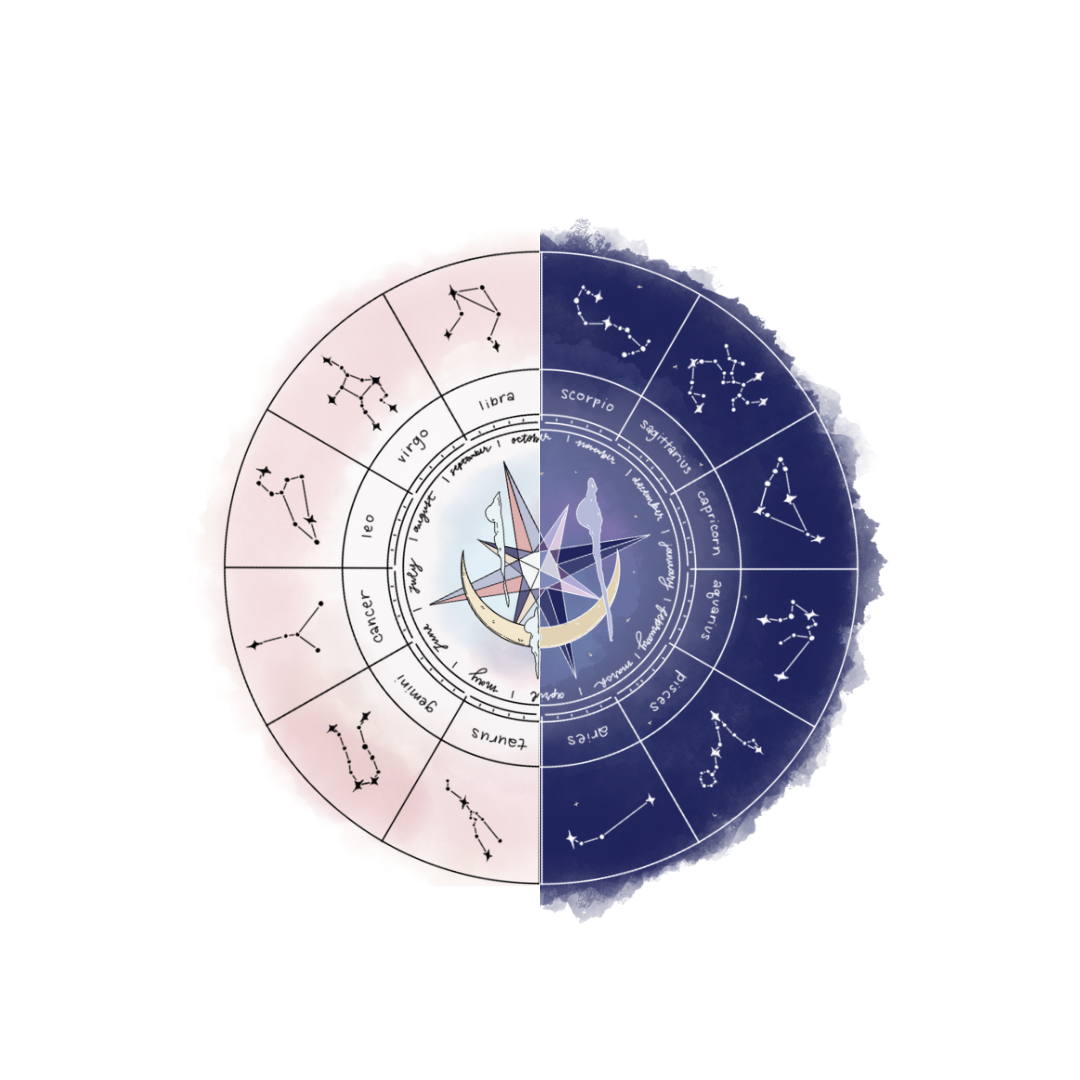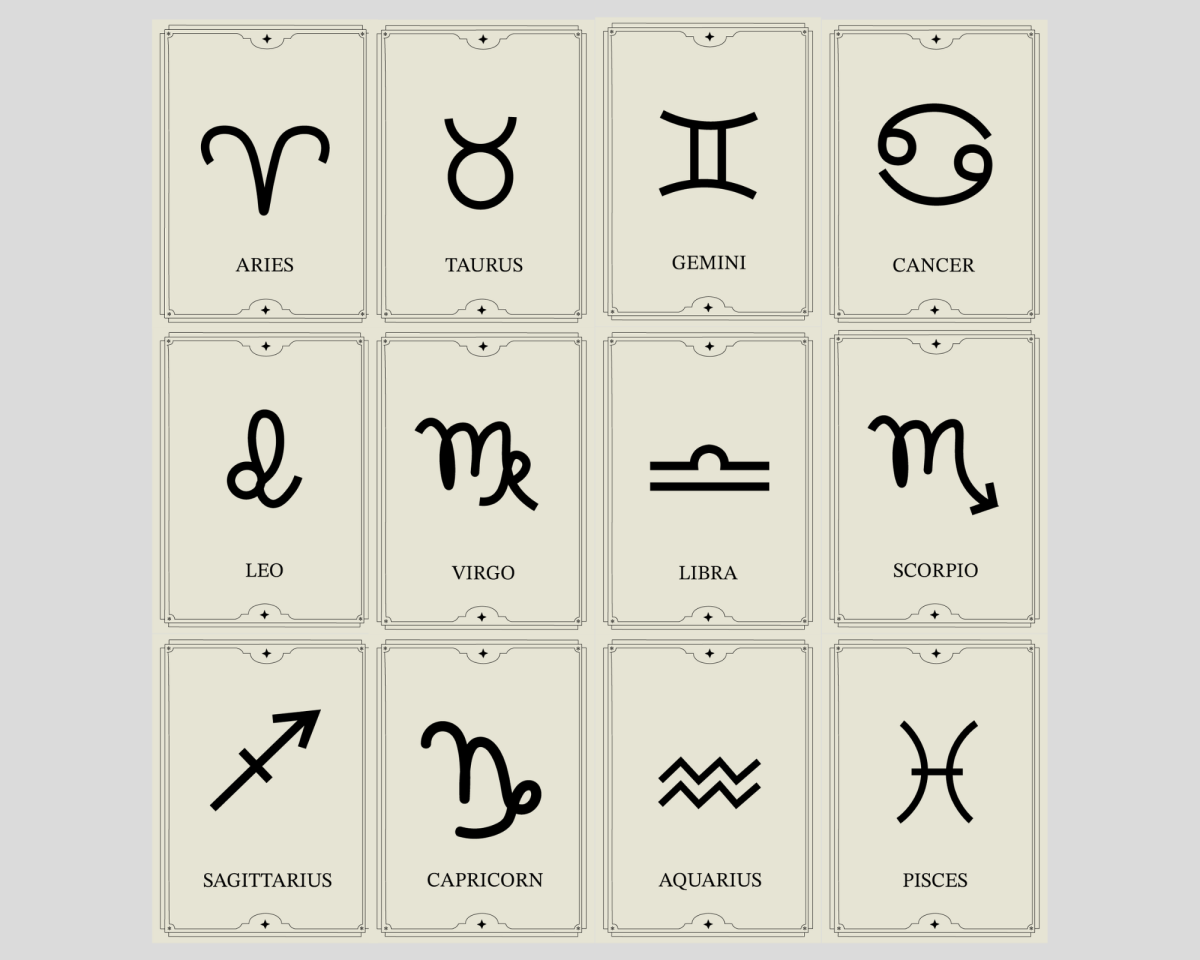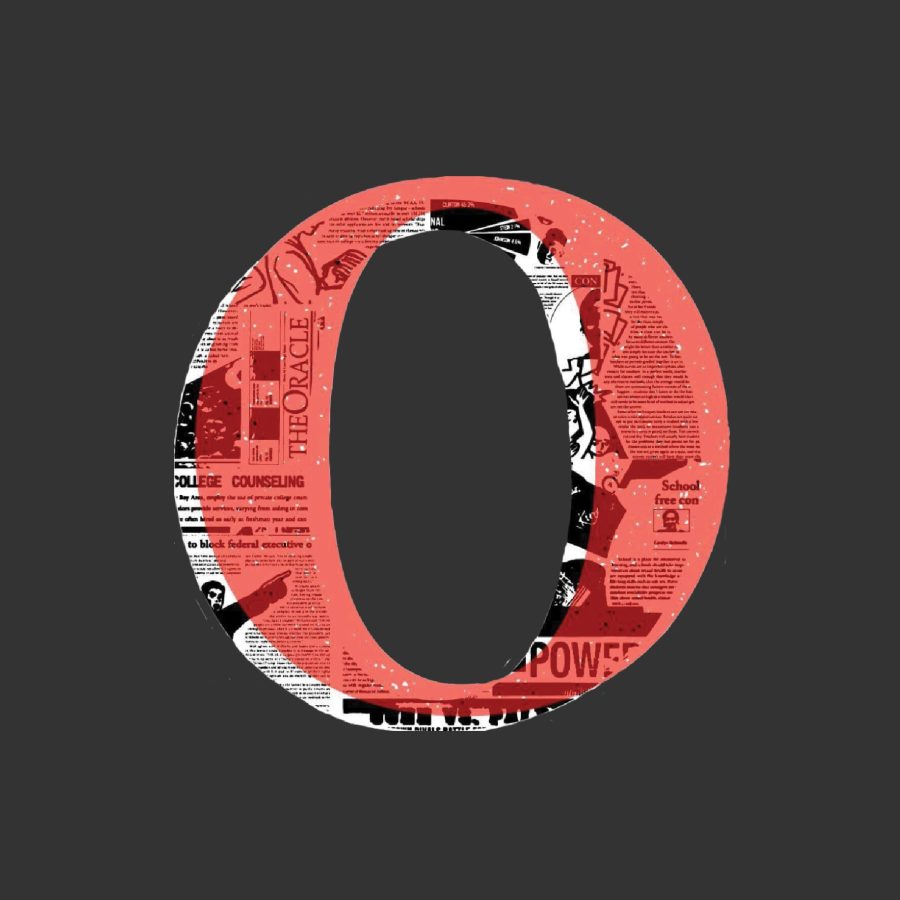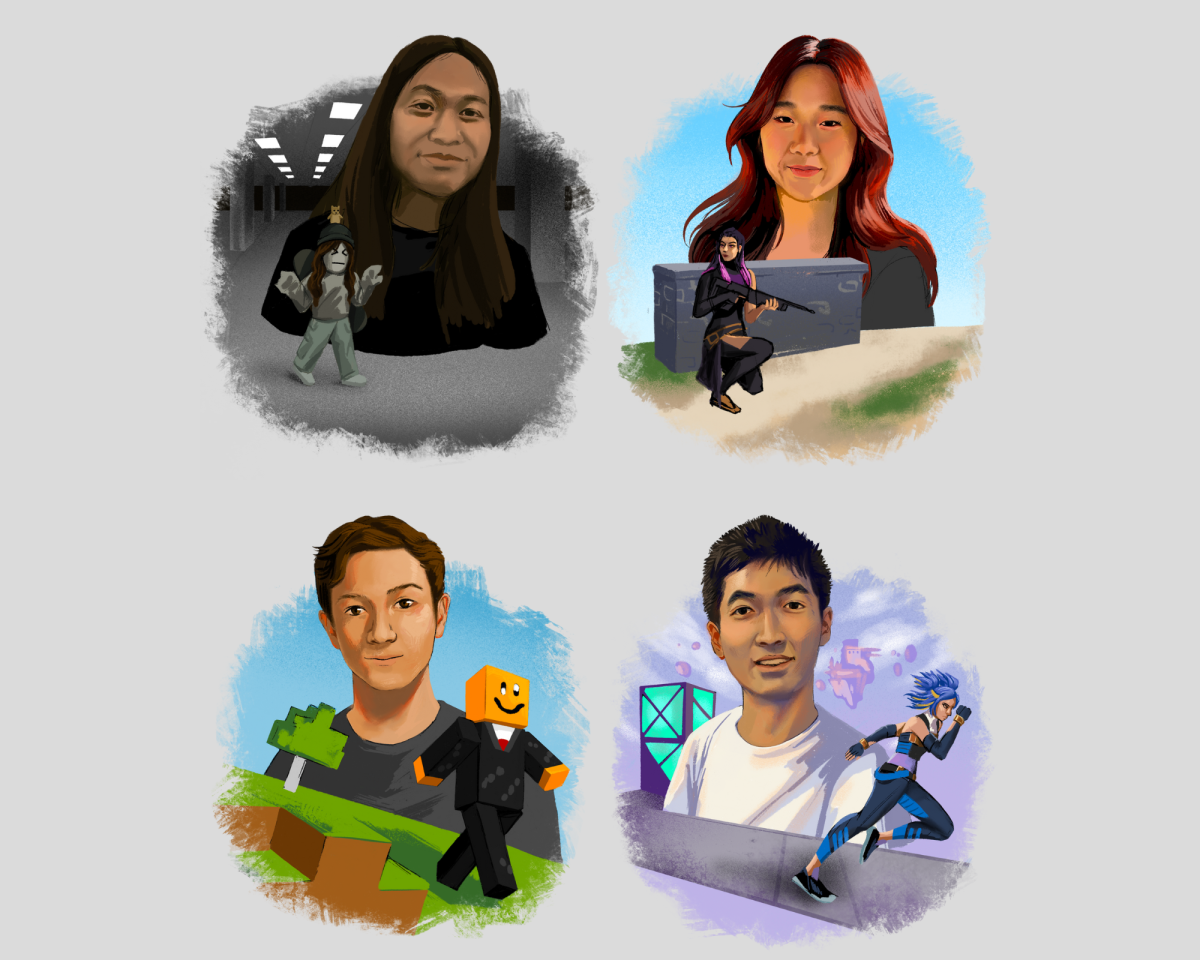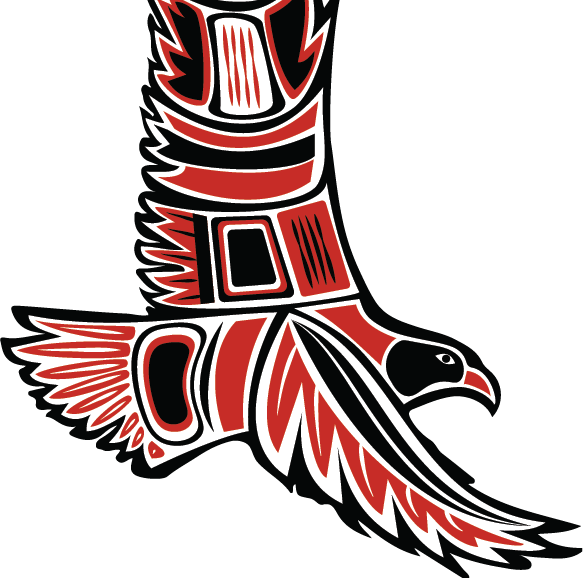Scrolling through their Instagram feed on any given day, one is bound to encounter a post justifying their own rebellious, impulsive nature with their being an Aries or their two-faced tendencies with their Gemini sign. This casual, meme-driven astrology inundating social media platforms has morphed millennia-old traditions into something almost unrecognizable. Astrology, once a revered practice offering profound insights into human behavior and celestial events, has been repackaged into bite-sized stereotypes that belittle and diminish its rich complexity. This evolution — or perhaps devolution — of astrology into pop culture’s latest accessory undermines the credibility, historical significance and purpose of the ancient practice.
At the heart of this dilemma is the oversimplification of astrology. While astrology is not truly scientific, authentic practice demands detailed calculations, profound understandings of celestial movements and nuanced interpretations of their potential impact on human life. However, this depth is often reduced to mere caricature on social media. Such a simplistic approach not only misleads viewers but neglects the discipline’s historical importance.
Astrology has been a pivotal cultural and scientific endeavor across civilizations, influencing everything from agricultural cycles to political strategies. Originating in ancient Mesopotamia, astrology played a crucial role in agriculture, guiding farmers on when to plant and harvest — essential for food security in their unpredictable climate. Astrology was also deeply connected to medicine, with practitioners using celestial charts to diagnose and treat illnesses, believing the stars at one’s birth impacted their health.
Astrology also has ties to other intellectual fields. For instance, Galileo Galilei, a key figure in the Scientific Revolution known for his advocacy of heliocentrism, engaged in astrological practices. He conducted astrological readings for wealthy clients and even incorporated astrology into his teachings, illustrating the discipline’s prevalence in the academic and intellectual circles of his time.
To grasp the essence of the current astrological revival, it’s essential to delve into the broader societal trends fueling its resurgence. The confluence of digital culture with the ancient art of astrology presents a compelling modern paradox: A practice rooted in detailed charts and celestial observations now intersects with the immediacy of the digital age. Alongside increased accessibility, this fusion elevates its allure as a medium for personal introspection and identity exploration in today’s era. During periods of personal or societal upheaval, people are naturally drawn to methodologies that provide a semblance of control or comprehension over their predicaments. The global pandemic’s profound impact on mental health and societal norms has notably increased astrology’s appeal as a beacon of certainty amidst uncertainty, offering many a personalized narrative of solace.
Moreover, platforms such as Instagram and TikTok have repackaged astrology as a mainstream, shareable element of online personas. The repercussions of this shift are significant, altering both the public’s perception of astrology and comprehension by newer generations. As content creators vie for attention in the digital expanse, the intricate details that define astrological practice are often obscured, supplanted by broad- stroke generalizations and sensational interpretations. In the quest for digital visibility, content creators often distill complex astrological concepts into simplified, engaging content. For instance, intricate personality analyses are reduced to sun sign attributes, neglecting the depth provided by moon and rising signs. This approach not only generalizes personalities based on a singular aspect of an astrological chart but overlooks nuanced insights into individual behavior and compatibility. Such broad, sensational interpretations risk diluting the detailed nature of traditional astrological practices.
Astrology’s migration from ancient archives to the screens of millions is a testament to its lasting appeal. The spread of superficial astrological content across social media platforms dilutes the core of the practice and promotes a misleading portrayal of astrology as a tool for amusement or a self-indulgent gimmick. This phenomenon is indicative of a broader trend of digital misinformation, where the quest for social media engagement often overshadows a commitment to thoroughness and substance.
The challenge, therefore, extends beyond merely addressing rampant misinformation on social media. It involves fostering a deeper understanding and appreciation of this age-old practice. Students must differentiate between the oversimplified, often inaccurate astrological content aimed at quick consumption and the thoughtful, comprehensive analysis that, while recognizing astrology’s lack of scientific rigor, respects its complexity and historical roots. Engaging critically with astrological content — questioning its origins, recognizing its limitations and valuing the insights beyond the memes — can help reinstate a level of respect for a discipline that, in many respects, has been co-opted by the relentless demand for digital content.



